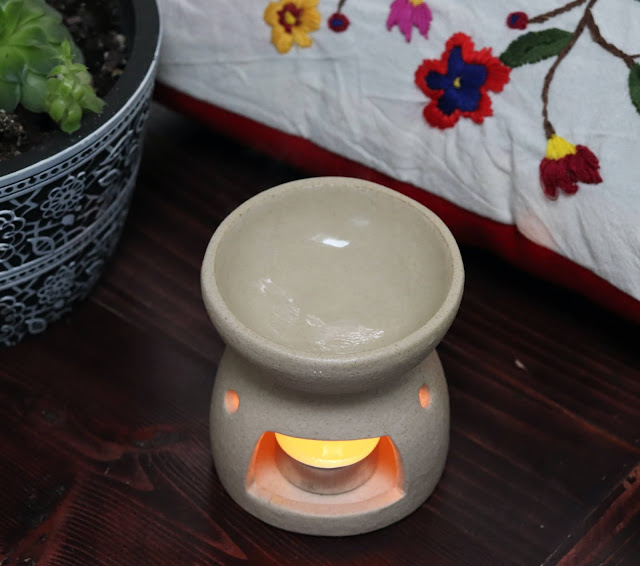
Stress is something no one enjoys, but like it or not, it is a part of everyday life.
At its most basic level, stress signals us that there is something going on that demands our attention and our energy. But while this might be a useful cue in dangerous situations, it is quite common in the modern world for stress to end up being a low-level chronic thing that just wears us down, day by day.
Coming up with effective stress management tips can go a long way in helping us achieve a greater sense of positivity and balance on a day-to-day basis.
Here are a few everyday stress management tips that might be helpful.
Stay well fed, eat small portions often, and eat enough complex carbohydrates
There are many delicious foodstuffs and ingredients out there that can have something of a stress-reducing effect, including — for example — Dutchman's Gold Honey.
Although carbohydrates have often been looked down upon in recent times, eating sufficient carbohydrates — mostly in the form of complex whole food carbohydrates — is important, as it helps reduce the stress hormone cortisol, which is released in order to release stored energy reserves in the body when there isn't enough "fuel" present.
Eating small portions often throughout the day may be particularly helpful for helping to reduce stress levels, as opposed to not eating for long periods of time or overeating at any given meal. Carbohydrates not keep cortisol in balance, as well as the blood sugar levels more consistent throughout the day.
Take up breathing exercises and a meditation practice
Deep breathing exercises have been used for a long time for stress reduction, and they undeniably work. Slowing and deepening breathing for a while will naturally make us feel calmer especially if the breathing was shallow, rapid and erratic.
In addition to taking up breathing exercises, adopting a meditation practice can also significantly helpful to reduce your overall stress levels. Meditation is known to help reduce stress and increase feelings of calm, presence and equanimity.
Have a wind-down routine each night, and aim to get enough sleep at consistent times
Sleep deprivation — or a disrupted circadian rhythm in general — can contribute significantly to heightened levels of stress as a whole.
Having a good wind-down routine that you engage in each night can help you to reduce stress levels and to prepare for a restful sleep. This, in turn, can help reduce stresses.
By contrast, too many people go straight from some active, distracting, or energizing activities straight to bed — whether work, or watching action-packed TV shows or films. This naturally does not help to promote restful sleep.
Getting your sleep and circadian rhythm balanced properly can be helpful to manage stress.
Please note that all opinions and thoughts expressed are my own. All rights reserved on photographs and written content Createwithmom © 2010 - 2022. Please Ask First

No comments:
Post a Comment
Thank you for commenting :)